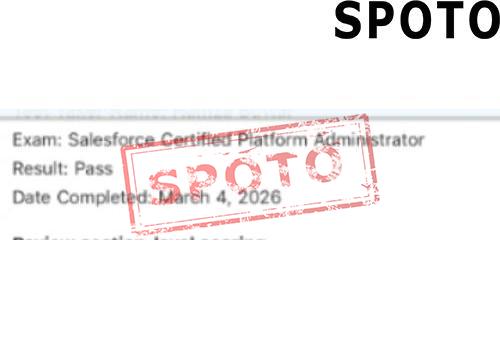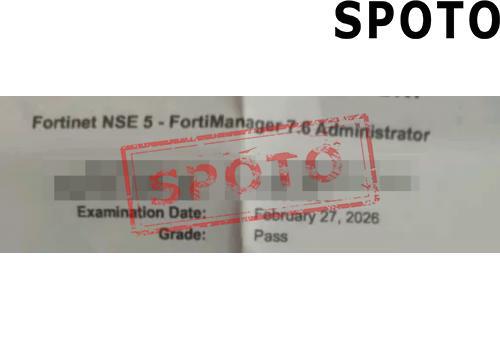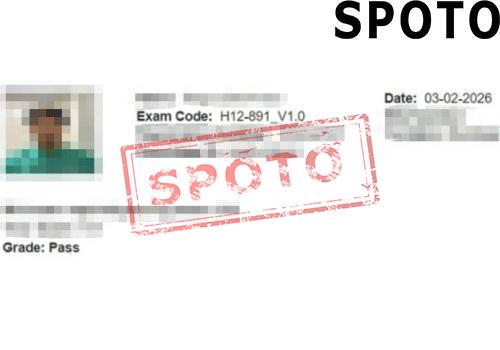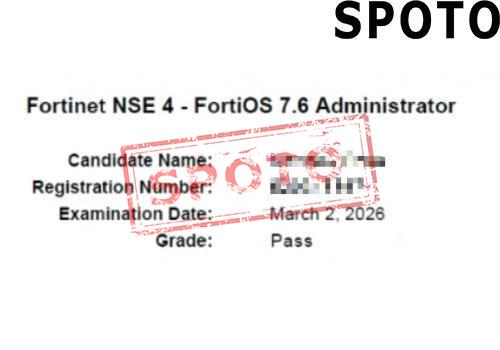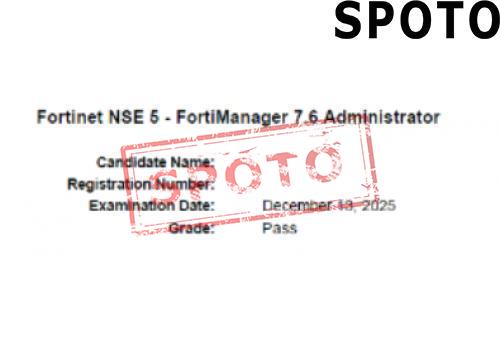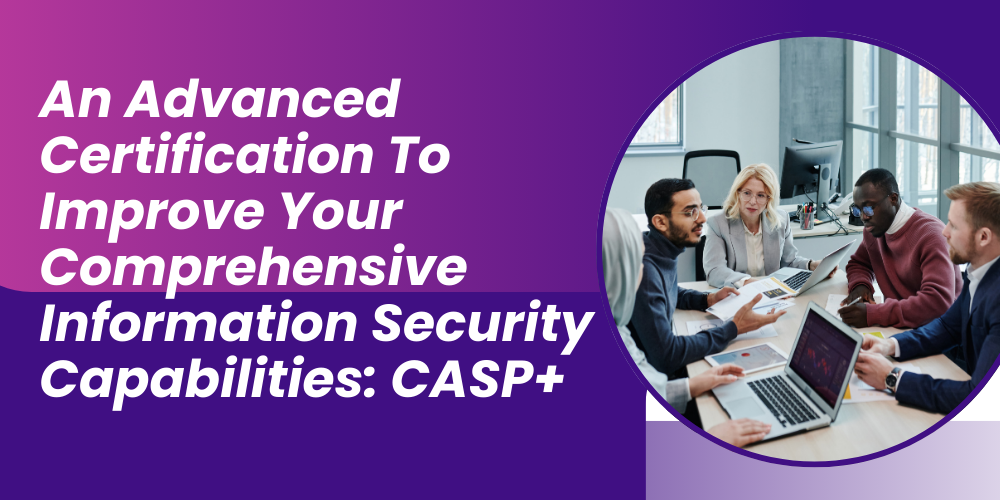
Table of Contents
- 1. Introduction to the CompTIA Advanced Security Practitioner certification
- 2. The Rewards of Being a CompTIA Advanced Security Practitioner (CASP+)
- 3. Core Components of the CASP+ Certification
- 4. What are the requirements to be a CompTIA Advanced Security Practitioner?
- 5. Comparable Certifications to CompTIA Advanced Security Practitioner certification
CASP+ certification is an advanced certification in the field of information security dedicated to improving practitioners' comprehensive information security capabilities.
1. Introduction to the CompTIA Advanced Security Practitioner certification
If you're deep into the world of cybersecurity, you’ve probably heard of the CompTIA CASP+. It's not your entry-level cert—this one's for those who are already in the trenches and ready to step up. Offered by the Computing Technology Industry Association (CompTIA), CASP+ validates your ability to blend technical know-how, management skills, and even policy design in real-world, complex security environments.
This certification shows that you don't just understand threats—you can build and lead robust security solutions that adapt as risks evolve. It's positioned at the advanced tier of the cybersecurity cert landscape, making it a solid choice for pros aiming for roles where strategy and hands-on expertise really matter. Amidst the accelerating digital transformation and increasingly challenging cybersecurity landscape, enterprises urgently need professionals who possess both strategic expertise and solid practical skills to comprehensively safeguard enterprise information security.
The CompTIA Advanced Security Practitioner certification is designed to cultivate such multidisciplinary security professionals. These professionals must be proficient in a wide range of information security technologies, such as network security, encryption, and authentication. They must also be able to develop security strategies aligned with business objectives from a strategic perspective, coordinate security efforts across multiple departments, and effectively respond to complex and evolving security threats using innovative thinking and integrated technical approaches. These professionals will become the core force behind enterprise information security, helping businesses achieve business growth in a secure environment.
2. The Rewards of Being a CompTIA Advanced Security Practitioner (CASP+)
If you've been working in cybersecurity for a while and are looking to move up a career ladder, the CompTIA CASP+ certification has likely crossed your radar. This highly respected certification is no simple test—it requires real expertise and demonstrates that you've passed a rigorous assessment and possessed security skills that meet high industry standards.
Having a CASP+ certification demonstrates to employers that you not only possess technical expertise but also possess the ability to address complex security challenges at the design, management, and policy levels. Therefore, this certification is particularly well-suited for those aiming for senior-level positions, such as information security management and architecture design—it makes you more competitive and helps you stand out in job applications.
Furthermore, the CASP+ is widely regarded as a mid- to high-end certification in the cybersecurity field, serving as a crucial stepping stone for many professionals moving from mid-level to senior positions. It not only broadens your career path but often results in a significant salary increase, making it a highly sought-after and rewarding option.
The process of preparing for and obtaining the certification encourages practitioners to systematically and comprehensively acquire a wide range of information security knowledge and skills, engaging in in-depth research and practical training across all aspects of the information security field, from enterprise security architecture design to risk assessment and management, from security operations to cryptographic applications. This allows them to better address increasingly complex cybersecurity threats and diverse enterprise security needs, playing a key role in ensuring enterprise information security.
With the continuous advancement of information technology and the evolving cybersecurity landscape, new technologies, regulations, and best practices are constantly emerging in the information security field.
3. Core Components of the CASP+ Certification
The CASP+ certification system builds a core knowledge system for information security practitioners, comprehensively covering the five key areas of enterprise security development. It's ideal for both newcomers and established professionals interested in deepening their careers in the information security field.
As a candidate, you'll learn to build a business-aligned enterprise security architecture, integrating key technologies like firewalls and intrusion detection, and addressing security challenges in emerging areas like cloud, AI, and the Internet of Things. You'll master risk assessment methods and management strategies, balancing security investment with business risks, and ensuring compliance with domestic and international compliance requirements such as the GDPR and the Cybersecurity Law. Furthermore, your daily responsibilities will include formulating and implementing enterprise security policies, implementing identity and access management, conducting security monitoring and emergency response, and ensuring daily security protection and rapid incident resolution.
This certification will help candidates develop a systematic security mindset and enhance their comprehensive capabilities in enterprise security development, governance, and defense.
4. What are the requirements to be a CompTIA Advanced Security Practitioner?
(1) Qualification prerequisites:
CompTIA recommends that candidates have at least five years of IT industry experience, including three years of practical experience in information security. This experience requirement ensures candidates have sufficient practical experience to understand and master the complex knowledge and skills covered in the CASP+ exam and to apply their knowledge to solve problems in real-world scenarios.
Candidates should first obtain the CompTIA Security+ certification or demonstrate equivalent knowledge and skills. The Security+ certification helps candidates establish a solid foundation in information security knowledge, paving the way for advanced study in the CASP+ exam. However, this is not an absolute requirement; candidates who demonstrate equivalent knowledge through other means may also apply.
(2) Training and examinations:
The CASP+ exam lasts 165 minutes and includes a variety of questions, including single-choice, multiple-choice, fill-in-the-blank, and scenario-based analysis. This diverse format comprehensively assesses candidates' knowledge of various aspects of information security and their practical application capabilities. Scenario-based analysis questions often simulate real-world enterprise security scenarios, requiring candidates to propose solutions or make decisions.
According to CompTIA's official standards, candidates must achieve a certain score percentage to pass the exam. Generally, a high level of knowledge and skills is required to ensure that the certificate holder is capable of handling complex enterprise security scenarios. The exam fee may vary slightly by region, but is generally around US$466.
(3) Qualification maintenance:
The CASP+ certification is valid for three years, and during this period, it represents the candidate's professional competence, can be used to demonstrate their qualifications for job applications and career advancement, and is highly recognized within the industry.
To maintain the validity of the certification, a certain number of credits must be accumulated through CompTIA-approved continuing education activities. For specific credit requirements and maintenance details, please refer to CompTIA's official regulations.
5. Comparable Certifications to CompTIA Advanced Security Practitioner certification
-
Certified Information Systems Security Professional (CISSP)
-
Certified Information Security Manager (CISM)
-
Certified Ethical Hacker (CEH)
-
GIAC Certified Penetration Tester (GPEN)
